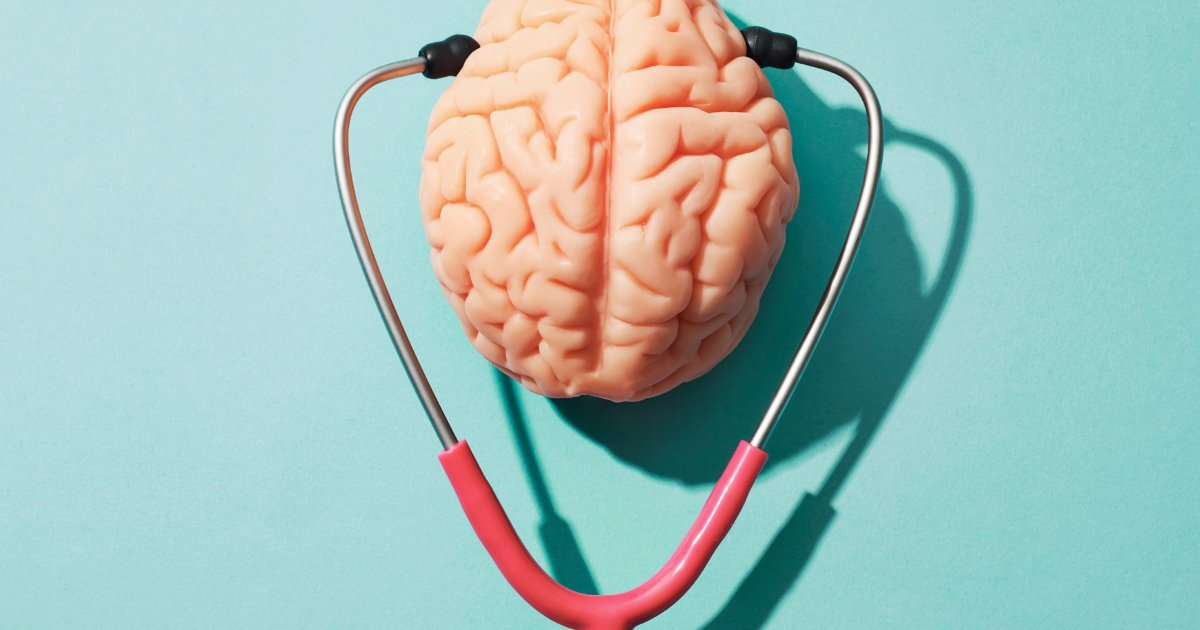As we move further into the 21st century, the intersection of technology and healthcare continues to revolutionize how we approach wellness and personal health management. The year 2025 promises an array of innovative health gadgets designed to enhance our well-being, making it easier than ever to monitor and improve our health. This article explores the top health gadgets for 2025, highlighting how these innovations can contribute to better living.
The Evolution of Health Gadgets
Before delving into the top health gadgets for 2025, it’s important to understand the evolution of health technology. Over the past decade, we’ve witnessed significant advancements in wearable technology, telemedicine, and personalized health monitoring. These advancements have been driven by the increasing availability of data, improvements in sensor technology, and the growing demand for proactive health management.
Key Trends Shaping Health Gadgets
- Personalization: Health gadgets are becoming increasingly personalized, offering tailored insights and recommendations based on individual health data.
- Integration: Seamless integration with smartphones and other devices allows for comprehensive health tracking and analysis.
- AI and Machine Learning: These technologies enable more accurate predictions and personalized health recommendations.
- Sustainability: Eco-friendly materials and energy-efficient designs are becoming a priority.
With these trends in mind, let’s explore the top health gadgets for 2025.
Top Health Gadgets for 2025
1. Smart Wearables
Smart wearables continue to lead the charge in health technology. In 2025, these devices are more advanced than ever, offering a wide range of health monitoring features.
- Advanced Fitness Trackers: Modern fitness trackers go beyond counting steps. They offer detailed insights into heart rate variability, sleep quality, and even stress levels. Some models can predict potential health issues before they become serious.
- Wearable ECG Monitors: These devices provide real-time electrocardiogram readings, allowing users to detect irregular heart rhythms and other cardiac issues from the comfort of their homes.
- Smart Rings: Compact and discreet, smart rings offer many of the same features as traditional fitness trackers, including heart rate monitoring and sleep tracking.
2. Home Diagnostic Devices
The pandemic accelerated the development of home diagnostic devices, and by 2025, these gadgets have become a staple in many households.
- Smart Thermometers: These devices provide instant, accurate readings and can track temperature trends over time, offering insights into potential health issues.
- Home Blood Test Kits: Advanced kits allow users to test for a range of conditions, from cholesterol levels to vitamin deficiencies, without visiting a lab.
- Digital Stethoscopes: These gadgets enable users to listen to their heart and lung sounds, providing valuable data for telemedicine consultations.
3. Mental Health Technology
Mental health is an essential component of overall well-being, and technology is playing an increasingly important role in this area.
- Mood-Tracking Apps: These apps use AI to analyze patterns in mood and behavior, offering personalized recommendations for managing stress and anxiety.
- VR Therapy: Virtual reality is being used to treat a range of mental health conditions, providing immersive experiences that can help with anxiety, PTSD, and phobias.
- Mindfulness Wearables: Devices that track physiological signals such as heart rate variability and skin conductance to provide real-time feedback on stress levels, encouraging mindfulness and relaxation.

4. Smart Nutrition Tools
Nutrition is a key pillar of health, and in 2025, technology offers innovative ways to manage our dietary habits.
- AI-Powered Nutrition Apps: These apps analyze dietary habits and provide personalized meal plans and nutrition advice based on individual health goals and preferences.
- Smart Kitchen Gadgets: Devices like smart scales and nutrient sensors help users make informed decisions about their food choices, ensuring balanced and nutritious meals.
- Hydration Monitors: Wearable hydration monitors track fluid intake and remind users to stay hydrated, crucial for maintaining optimal health.
5. Sleep Enhancement Devices
Quality sleep is fundamental to good health, and the latest gadgets offer advanced solutions for improving sleep.
- Smart Mattresses: Equipped with sensors, these mattresses adjust firmness and temperature to optimize sleep conditions, while tracking sleep patterns.
- Sleep Headbands: These devices use EEG technology to monitor brain activity and provide insights into sleep stages, helping users improve their sleep quality.
- White Noise Machines with AI: These machines adapt their soundscapes based on environmental noise levels and user preferences, promoting restful sleep.
The Impact of Health Gadgets on Society
The proliferation of health gadgets in 2025 is not only transforming individual health management but also has broader societal implications.
Empowering Individuals
The accessibility of health data empowers individuals to take control of their health. With real-time insights and personalized recommendations, people can make informed decisions about their lifestyle and healthcare.
Reducing Healthcare Costs
By enabling early detection and management of health conditions, these gadgets can reduce the need for costly medical interventions and hospital visits, alleviating pressure on healthcare systems.
Enhancing Preventive Care
Health gadgets facilitate preventive care by identifying potential health issues before they become serious. This shift towards prevention has the potential to improve public health outcomes significantly.
Addressing Health Disparities
While health gadgets offer numerous benefits, it’s essential to address potential disparities in access. Ensuring that these technologies are affordable and accessible to all populations is crucial for maximizing their impact.
Challenges and Considerations
While the future of health gadgets is promising, several challenges and considerations must be addressed:
Data Privacy and Security
With the increasing collection of personal health data, ensuring robust privacy and security measures is paramount to protect users’ sensitive information.
Accuracy and Reliability
The accuracy of health gadgets is critical for providing reliable insights. Continuous advancements in sensor technology and AI are necessary to enhance the precision of these devices.
User Engagement
For health gadgets to be effective, users must be engaged and motivated to use them consistently. Designing user-friendly interfaces and offering actionable insights can enhance user engagement.
Regulatory Compliance
As health gadgets become more integrated into healthcare, ensuring compliance with regulatory standards is essential to maintain safety and efficacy.
Conclusion
The top health gadgets for 2025 are set to transform how we approach health and wellness. From advanced wearables to home diagnostic devices, these innovations offer unprecedented opportunities for personalized and proactive health management. As we embrace these technologies, it is crucial to address challenges related to privacy, accuracy, and accessibility to ensure that the benefits of health gadgets are realized by all. With the right approach, the future of health technology promises a healthier, more empowered society.












